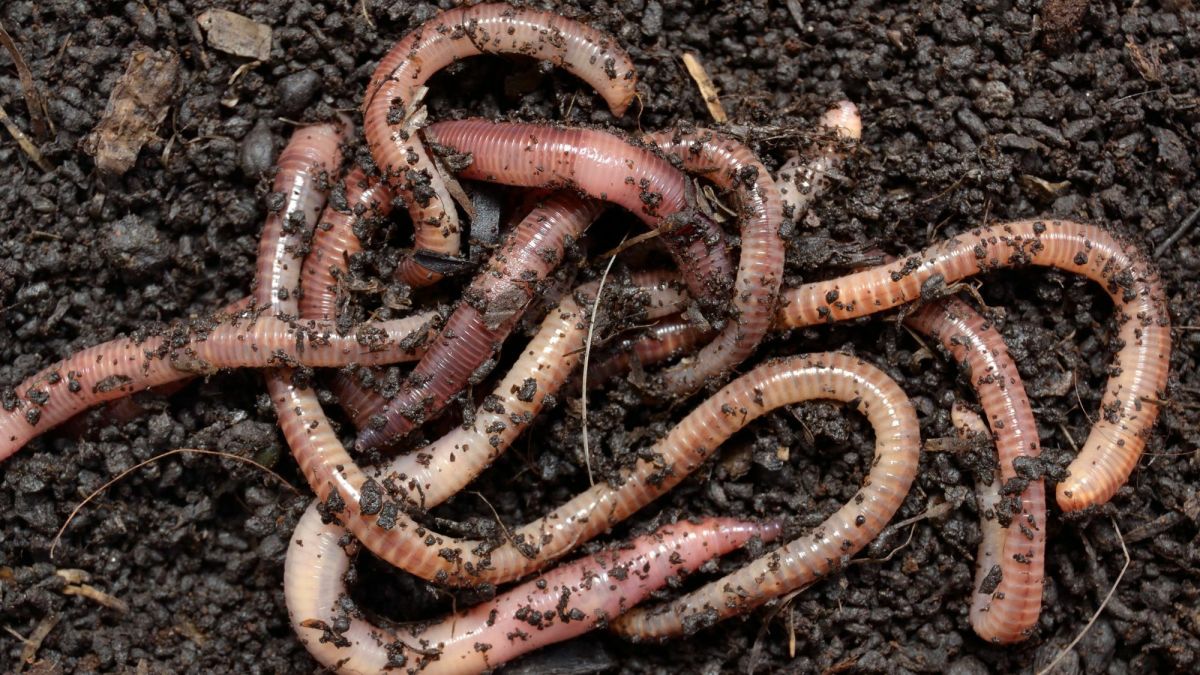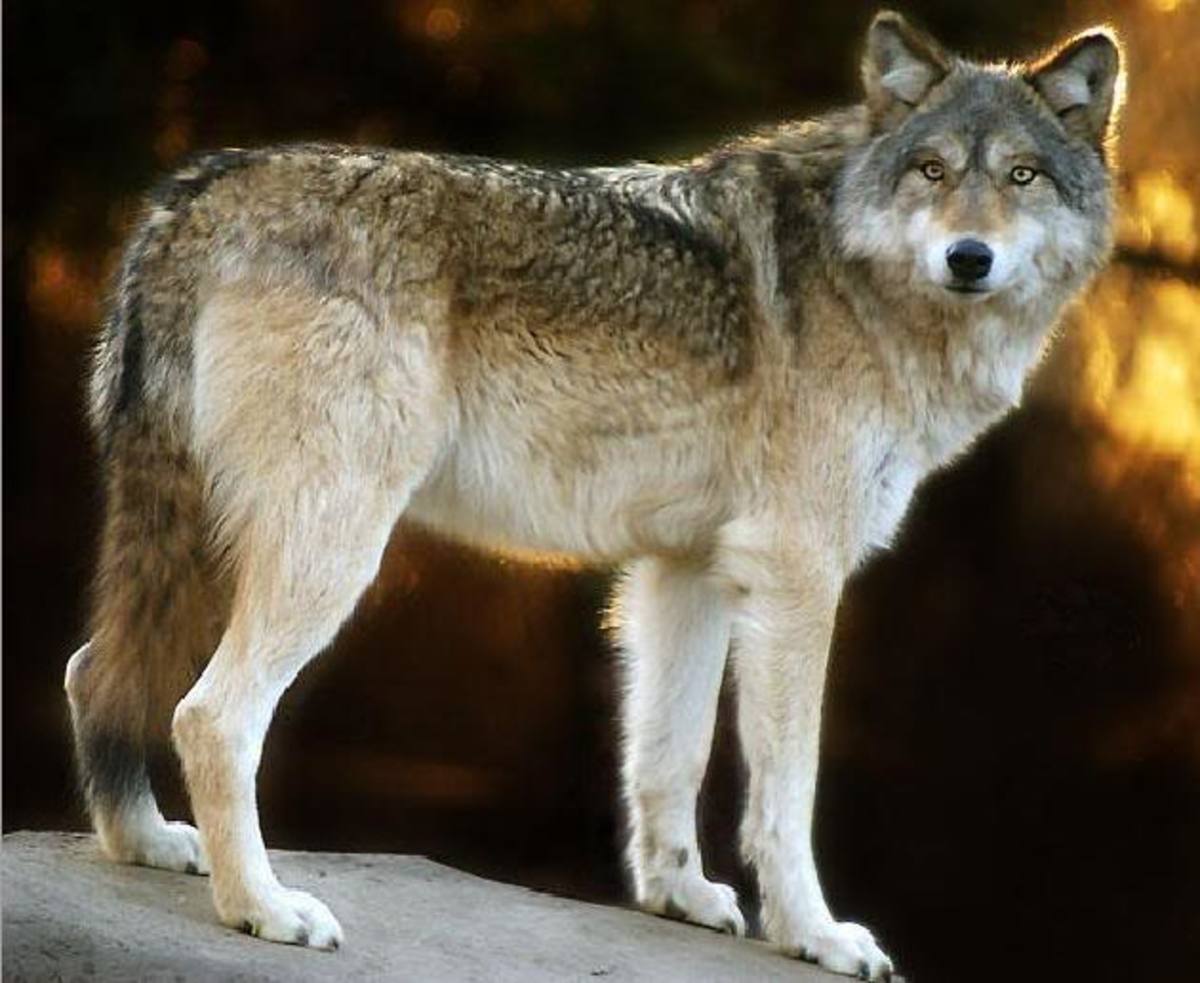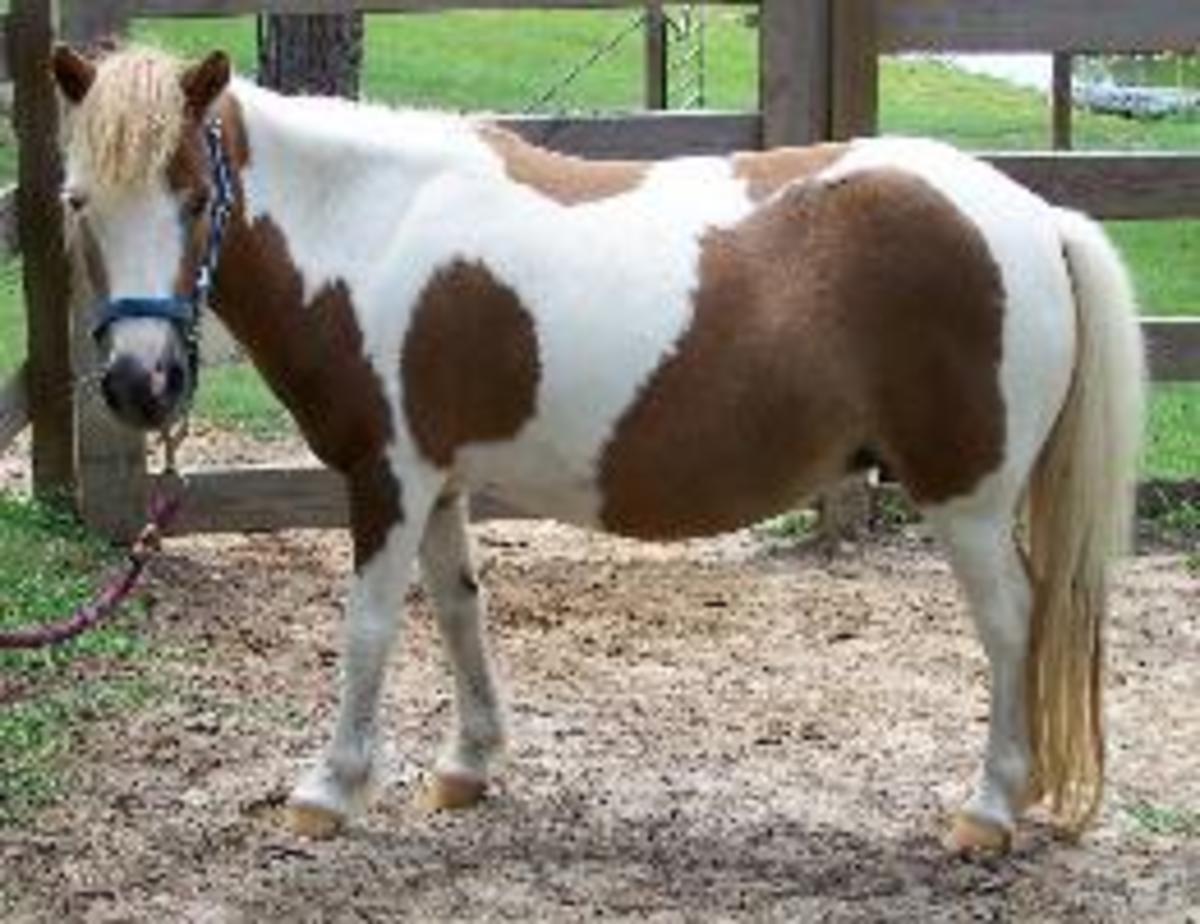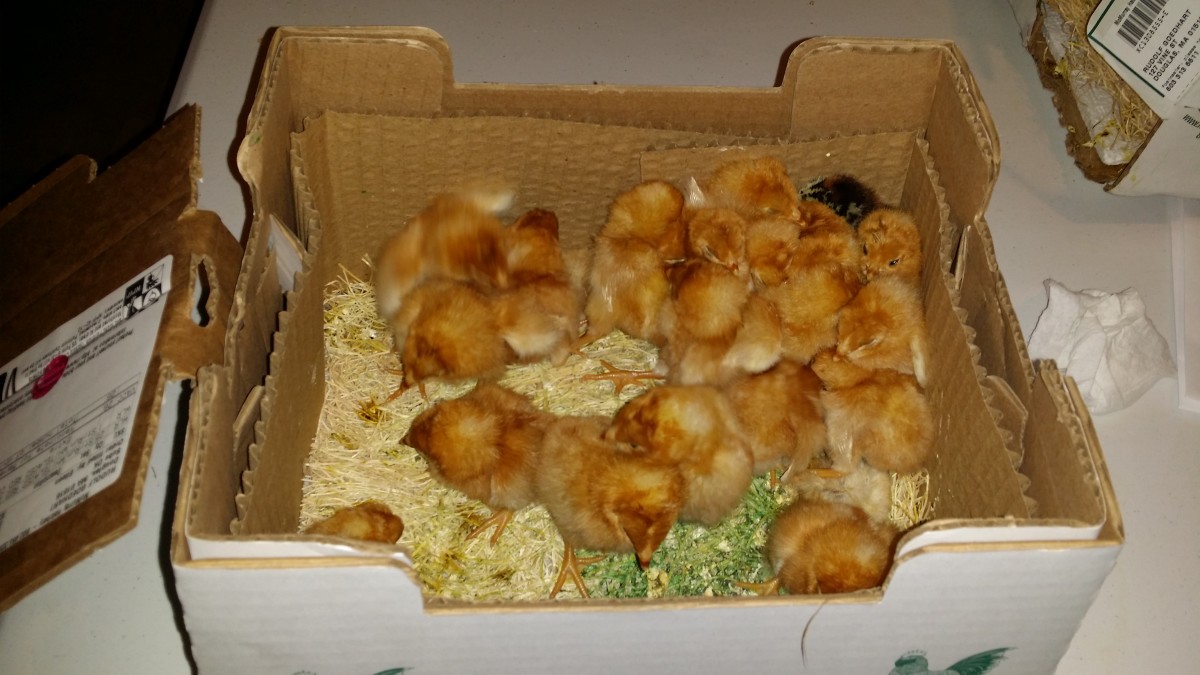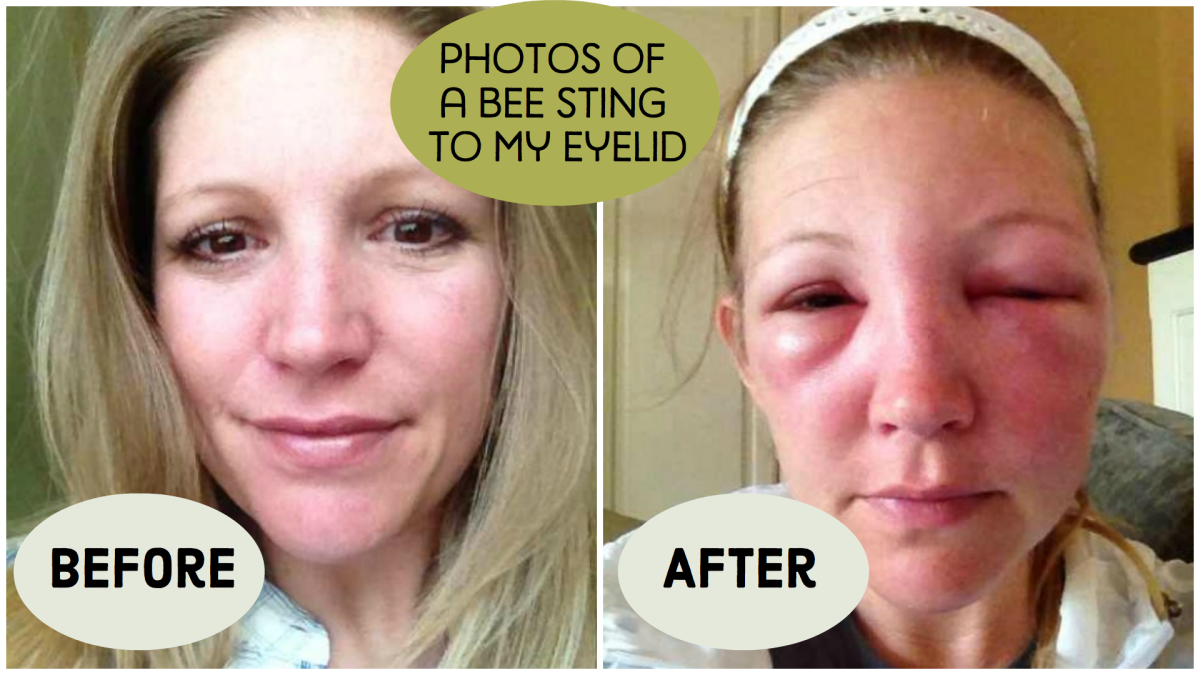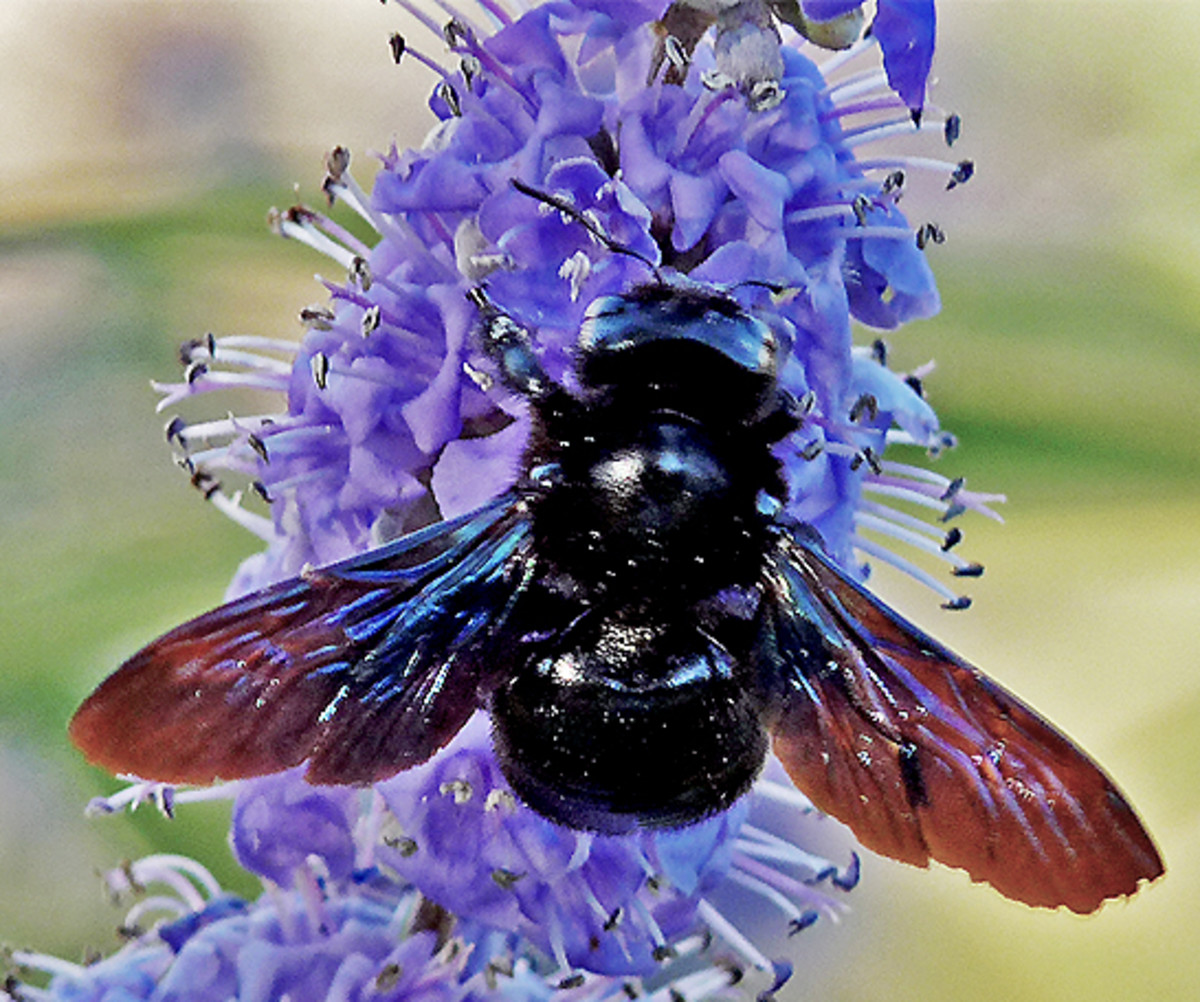Tips on Homesteading and Livestock
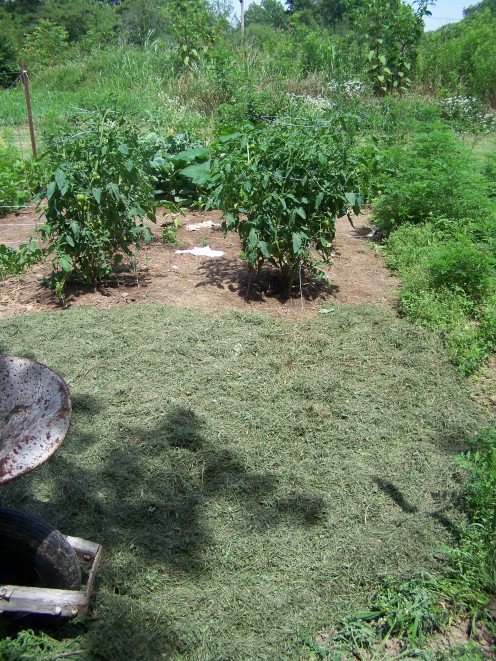
Several tips on picking out livestock and organic homesteading on large or small scale.
Its fun and healthy to garden organically, give it a try and see for yourself!
Let Livestock Work for You
Something I learned about livestock a long time ago was to let them do most of the work for you.
When making compost, use the deep litter method. Apply a layer of fresh straw over the old bedding often. If it stinks, you need more clean straw added. The bedding should never be wet.It is helpful to stir the old bedding every few times before you add fresh litter.
I add fresh litter about three times before stirring the litter and adding another fresh layer. The manure decomposes quicker this way.
After the winter is over use the compost on your gardens the next year. You may want to finish it out away from the animals before using it though.
Choose stock that eats little a produces a lot. This will vary from breed to breed but also from breeding lines to breeding lines. Since we are talking about livestock, I am assuming this is mainly what you want. Sell or cull any animals that require medicating often in order to be 100%. I do this with my barn cats too. Gotta be strong to live here!
Set a cool day for slaughtering your livestock. There will be less flies and the meat will not spoil as quickly. Have your coolers lined up and full of ice before processing. Also try and have running water at hand to make things go quicker.
Save the blood and all other bits from slaughter. This stuff can be turned back into high protein food for your chickens and other meat-eating livestock. Black soldier flies are great for processing stuff like guts, blood, feathers, manure, and so much more.
Provide drainage--as much as you can. Nasty wet and mucky fields and pens can cause problems for most of your livestock. An easy way to provide dry areas for your livestock is to build the soil up on the highest ground you have.
You can even make raised beds with concrete blocks or fallen brush and then fill them with quick-draining soil. Animals like horses, cattle, goats, and sheep can get foot rot from standing around in the muck for extended periods.
Organic is usually better. Use organic pesticides only when really needed. Organic compost, manure and worm castings are the only fertilizers I use. Making organic fertilizer is so easy, especially when you have livestock that it seems silly to buy them. Make your own and save countless dollars compared to purchased compost and organic fertilizers.
My homemade, organic medications are the only medicines I use on my animals. There may be times that using an organic method will not give the quick results needed to save an animal's life. That would be the only time I used a synthetic chemical. And only if I really had to save that animal. Usually, I would put an animal down before going to that length. This is a decision only you can make.
Mulch everything well. If it isn't mulched, it will cost more to feed, water and protect. Mulch retains water, keeps the soil at an optimal temperature and prevents nutrient-robbing weeds from growing.
Grow more than you think you will ever need. If you are keeping livestock, they will eat the excess. Extra plants produce extra food. If one plot fails, another may just produce well enough to make the venture worth it.
Grow only heirloom plants. Never grow things that do not come true from seed. Old fashioned varieties have stood the test of time and can be grown again next year; if you save the seeds.
Build a greenhouse or at least some cold frames. These will give you a jump start on the growing season and can prolong your harvest season. You can use plastic or glass, whatever you have handy.
Grow a livestock garden. Grow mangels or some other nutrient dense fodder for your livestock. Also try growing your own oats and even corn. Do not forget that dandelions, chickweed, marshmallow, yarrow, comfrey, hazelnuts, walnuts, slippery elm, and kale are excellent things to add to the livestock garden/field.
Above all, research as much as possible before taking on any livestock. They aren't always hard to care for, but they aren't always easy, either!
© Copyright Notice ©
My photographs are mine, taken by me, with my camera. You may use them for personal reasons (desktop backgrounds, personal websites or you can print them for personal use.)
If you choose to use them on websites I require a link back to my HubPages. You may link to my profile or to one of my Hubs.
You may not use them without my permission or for profit.
I sell my art and if you are interested in purchasing it send me a message.
ALL of my articles are MINE and you may NOT use them for anything but reading on my page.

